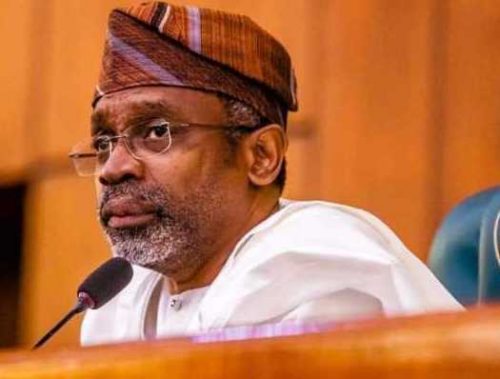
The House of Representatives has commenced investigation into a $195.3 million contract awarded by the Federal Ministry of Transportation (FMOT) and the Nigerian Maritime Administration and Safety Agency (NIMASA) to a private foreign company, HLS International Limited, for the supply of certain security and surveillance equipment and systems.
The contract including $195,300,000 for the actual contract and an additional $19,530,000 that NIMASA reportedly agreed to pay to the firm for ‘management training consideration’.
At the plenary on Thursday, the House unanimously adopted a motion moved by Benjamin Kalu titled, ‘Urgent need to investigate the ‘deep blue’ contract of $195,300,000 between the Federal Ministry of Transportation and HSL International Limited and the alleged use of the cabotage funds to service the contract’.
The House urged NIMASA to halt all payments in relation to the ‘deep blue’ contract.
They also resolved to set up an adhoc committee to conduct a comprehensive investigation into the activities of the ministry and NIMASA in relation to the contract and the alleged “diversion of the cabotage funds and other funds to covertly execute the deep blue contract”.
A coalition of nine civil organisations had earlier called on the National Assembly to revisit its earlier probe of the $195 million coastal waterways security contract.
The groups under the aegis of Empowerment for Unemployed Youth Initiative at a press briefing in Abuja said revisiting the probe of the contract was necessary given that the action would have grave national security implications.
The leader of the coalition, Solomon Adodo, said the award of the contract to a foreign security firm contravened some sections of the nation’s constitution which provided that the security of a country should be in the hands of its armed forces.
He said, “All over the world, no nation leaves the affairs of national security totally in the command and control of a private firm. Nigeria should therefore not be an exception. The law thus vested solely the task of protecting our waterways in the Nigerian Navy. The Navy was given expanded military roles, especially in the oil and gas sectors of the Nigerian maritime economy.